ISO 22000 Certification: A Complete Guide for Food Safety Management
The globally accepted ISO 22000 certification standard guarantees food safety across the supply chain. To reduce hazards and provide safe, high-quality food products, the International Organization for Standardization (ISO) developed a system that combines quality management concepts with food safety procedures. Obtaining certification from an authorized ISO registrar shows a business’s dedication to food safety and legal compliance.
Why Get Certified in ISO 22000?
For the following reasons, companies in the food sector greatly benefit from ISO 22000 certification:
- Ensuring Food Safety: Takes proactive steps to reduce risks to food safety.
- Foster Customer Trust: Improve brand reputation and reassure consumers of dependable, safe food goods through certification.
- Access International Markets: Adherence to ISO food safety standards is necessary in many foreign markets.
- Regulatory Compliance: Lowers legal risks by adhering to national and international food safety regulations.
- Boost productivity, reduce waste, and streamline procedures to increase operational efficiency.
“What Does ISO 22000 Cover?”
Producers, processors, and distributors are all included in the food supply chain and are subject to the ISO 22000 standard. Important elements consist of:
- HACCP stands for Hazard Analysis and Critical Control Points.
- Good Manufacturing Practices (GMP) integration.
- Methodical techniques for evaluating risks and controlling them.
Procedures for Obtaining ISO 22000 Certification
To obtain ISO 22000 certification, adhere to this methodical process:
Recognize ISO 22000’s requirements
Learn about the requirements of the standard. These consist of food safety regulations, paperwork, and process controls.
Conduct a Gap Analysis
- Examine current practices in relation to ISO 22000 specifications. Determine the areas where your food safety management is lacking.
- Create and Put into Use an FSMS
- Develop a successful FSMS tailored to your company’s activities. Establish control measures, document procedures, and train employees.
Perform Internal Audits
Conduct internal audits to evaluate the system’s performance and ensure it is prepared for external review.
Select an ISO Registrar with Accreditation
Choose an ISO registrar that is reputable and knowledgeable about ISO 22000 certification. Make sure they are internationally recognized and have experience in the sector.
Complete the Certification Audit.
Your FSMS will be assessed by the registrar during a comprehensive audit. Take care of any non-conformities found at this point.
Become Certified
You’ll be certified after your FSMS satisfies ISO 22000 requirements.
Continue to Be Compliant
Keep abreast of industry rules and conduct routine internal evaluations. Continuous compliance will be guaranteed via surveillance audits.
ISO 22000 Certification Advantages
- Demonstrates a dedication to public health and food safety.
- Enhances management and communication in the supply chain.
- Lowers the possibility of foodborne infections and product recalls.
- Boosts customer satisfaction and confidence.
In addition to strengthening your food safety procedures, obtaining ISO 22000 certification from an accredited ISO registrar distinguishes your company as a leader in the food sector.


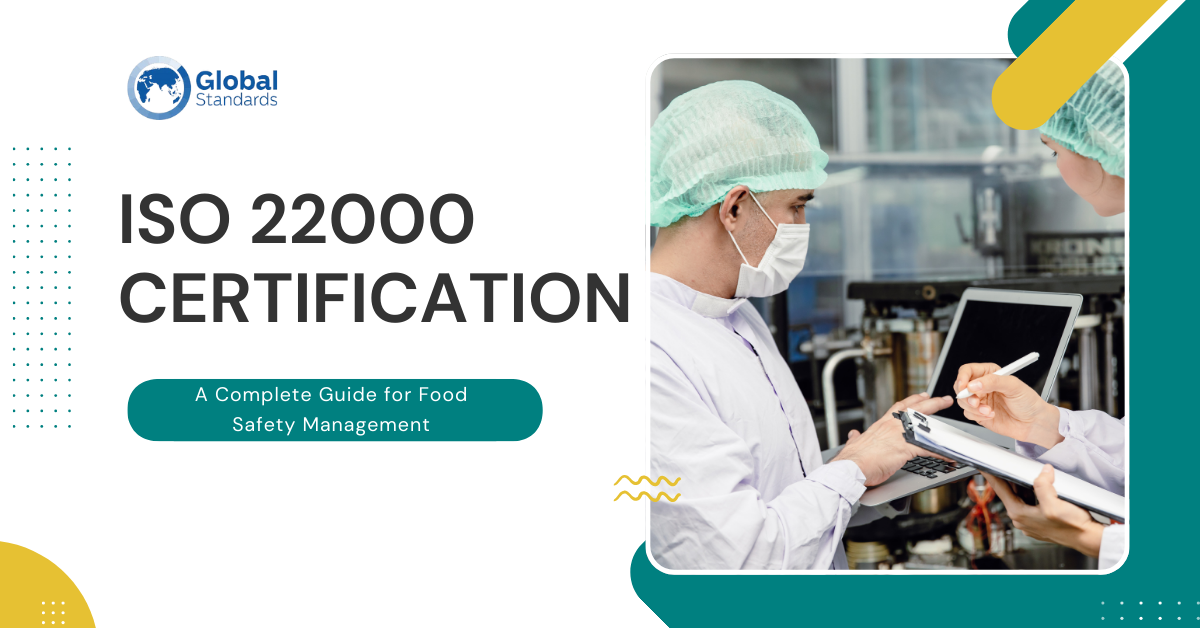
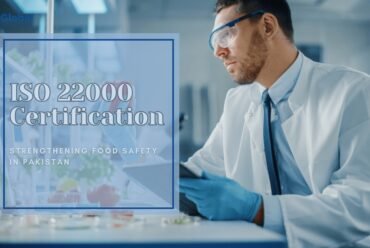
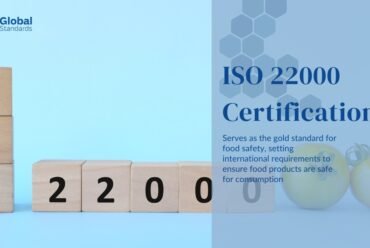
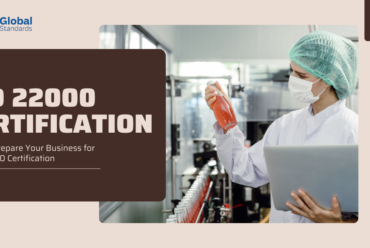
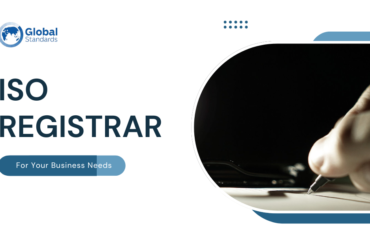
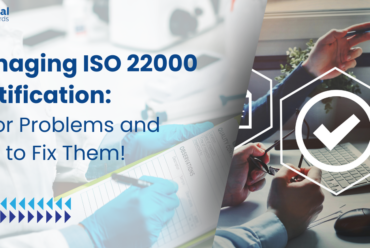
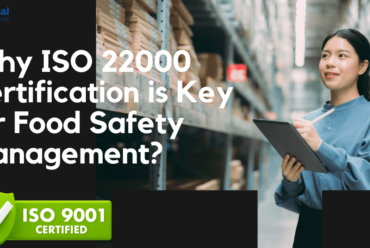
No Comments